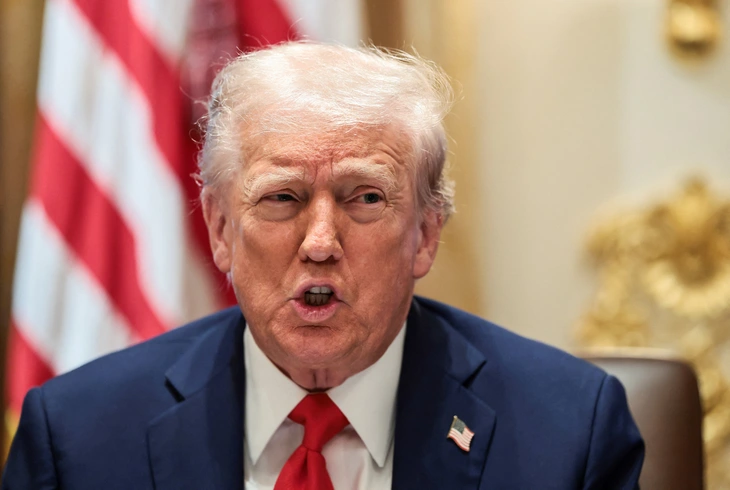
Mr. Trump at a cabinet meeting at the White House on October 9 - Photo: REUTERS
US President Donald Trump on October 10 reignited the trade war with China, announcing that he would impose an additional 100% tax on Chinese goods exported to the US and implement export control measures on "all important software" from November 1.
The two sides escalated tensions.
According to Reuters, Mr. Trump's action is seen as a response to China's expansion of rare earth export controls, including adding five new elements and dozens of refining technologies to the restricted list.
China now accounts for more than 90% of the global market for refined rare earths and rare earth magnets, which are essential materials for electric vehicles, aircraft engines and military radar.
Many experts say the US's restrictions on software and mineral exports could cause serious damage to China's technology and manufacturing industries, while pushing trade tensions to their highest level in the past six months.
"It's hard to believe China would do something like this, but they did, and the rest is history," Trump wrote on the social network Truth Social. "China cannot be allowed to dominate the entire world ."
The Washington administration's imposition of an additional 100% tariff on Chinese goods on top of the 30% that already existed stunned global investors, with the Nasdaq index falling 3.6% and the S&P 500 falling 2.7%.
Technology stocks also suffered further losses in after-hours trading due to measures targeting key software, including cloud computing and artificial intelligence.
Is the truce over?
"President Trump's tweet could mark the beginning of the end of the tariff truce," said Craig Singleton, a China expert at the Foundation for Defense of Democracies. "Beijing appears to have overestimated its position."
Mr Trump also questioned plans to meet Chinese President Xi Jinping at the Asia- Pacific Economic Cooperation (APEC) summit later this month, which would have been the first meeting between the two leaders since the president took office in January.
"I haven't canceled the meeting, but I don't know if we'll meet. I'm going there anyway, so I think we'll probably meet," he told reporters in the Oval Office.
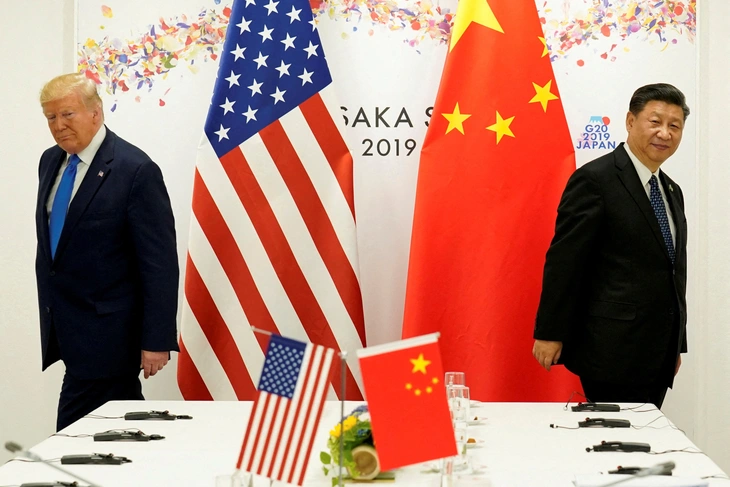
Mr. Trump and Mr. Xi during a bilateral meeting at the G20 Leaders' Summit in Osaka, Japan on June 29, 2019 - Photo: REUTERS
Export control risks for Boeing and the aviation industry
In addition to measures targeting software and rare minerals, Mr. Trump also warned that the United States could apply export controls on Boeing aircraft components.
"We have a lot of things, a big problem is airplanes. China has a lot of Boeing airplanes and they need parts and a lot of other things," Mr. Trump said at the White House.
China currently has at least 1,855 Boeing planes in service and has at least 222 more on order, mostly of the popular Boeing 737 model, according to data from aviation analytics firm Cirium.
Export controls on Boeing components will directly impact Chinese airlines and could become an important lever in the trade war, as the US holds the power to decide the supply of components for Asia's largest fleet.
The move comes as the US tightens measures against Chinese companies.
On October 10, the US Federal Communications Commission (FCC) said major online retailers in the US had removed millions of banned Chinese electronic products, while the Trump administration proposed banning Chinese airlines from flying over Russia on their routes to the US.
Beijing also announced it would impose "special port fees" on US ships, after Washington imposed tariffs on Chinese-linked vessels in April.
Analysts predict that the upcoming meeting between the two leaders at the APEC Summit in South Korea - if it still goes ahead after these escalations - will be more tense than ever, as both sides are increasing pressure to gain an advantage before the next rounds of negotiations.
Source: https://tuoitre.vn/trung-quoc-siet-kiem-soat-gi-khien-ong-trump-doa-ap-thue-bo-sung-100-20251011081531263.htm




![[Photo] Ho Chi Minh City is brilliant with flags and flowers on the eve of the 1st Party Congress, term 2025-2030](https://vphoto.vietnam.vn/thumb/1200x675/vietnam/resource/IMAGE/2025/10/10/1760102923219_ndo_br_thiet-ke-chua-co-ten-43-png.webp)
![[Photo] General Secretary attends the parade to celebrate the 80th anniversary of the founding of the Korean Workers' Party](https://vphoto.vietnam.vn/thumb/1200x675/vietnam/resource/IMAGE/2025/10/11/1760150039564_vna-potal-tong-bi-thu-du-le-duyet-binh-ky-niem-80-nam-thanh-lap-dang-lao-dong-trieu-tien-8331994-jpg.webp)

![[Photo] Opening of the World Cultural Festival in Hanoi](https://vphoto.vietnam.vn/thumb/1200x675/vietnam/resource/IMAGE/2025/10/10/1760113426728_ndo_br_lehoi-khaimac-jpg.webp)


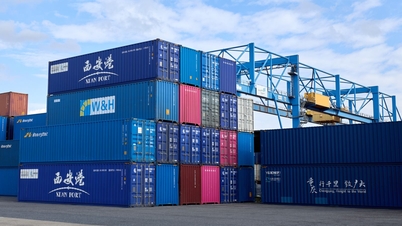
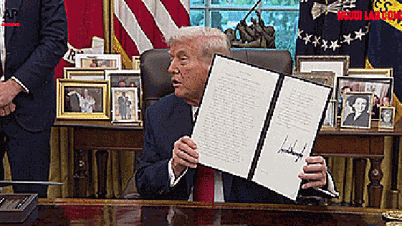

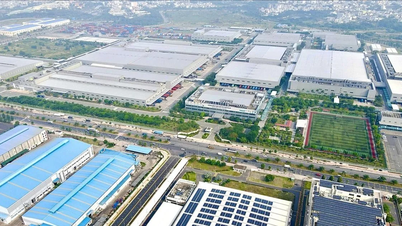




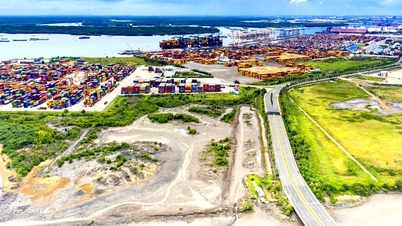














































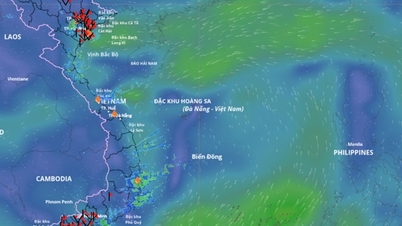




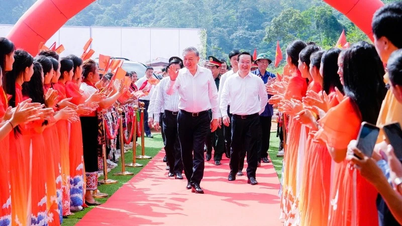






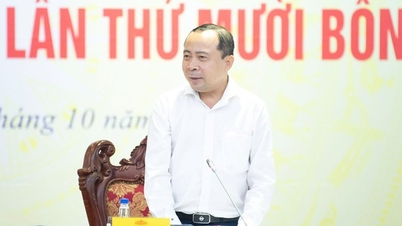


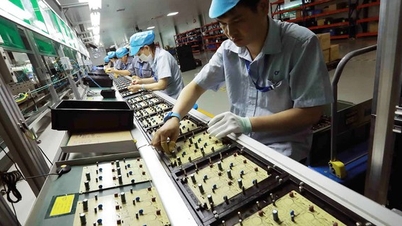




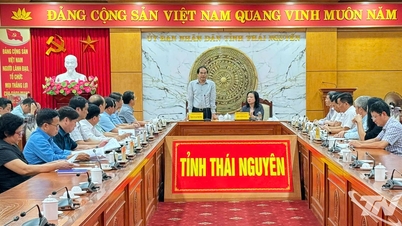


















Comment (0)